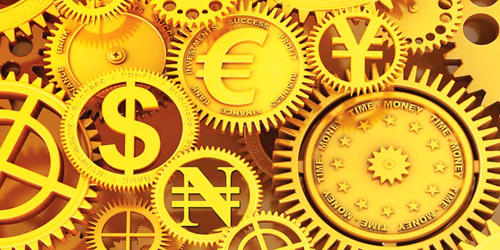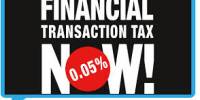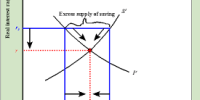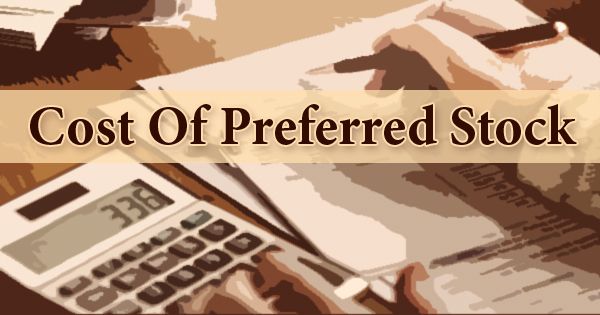Foreign exchange controls generally refer to governmental restrictions on foreign currency trading and cross-border payments. They are various forms of controls imposed by a government on the purchase/sale of foreign currencies by residents, on the purchase/sale of local currency by nonresidents, or the transfers of any currency across national borders. It is the procedure by which a government intervenes in the foreign exchange market, banning or restricting sales and purchases of local currencies by non-residents as well as sales and purchases of foreign currencies by residents. These controls allow countries to better manage their economies by controlling the inflow and outflow of currency, which may otherwise create exchange rate volatility. Countries with weak and/or developing economies generally use foreign exchange controls to limit speculation against their currencies. In the context of free trade, the value of currencies fluctuates continuously according to the dynamics of demand and supply. They may also introduce capital controls, which limit foreign investment in the country. In order to limit the volatility of their exchange rate and provide greater economic stability to their countries, monetary authorities may implement foreign exchange controls. There are limits to how much foreign currency citizens can carry in cash, in and out of the country.
Common foreign exchange controls include: Currency controls are imposed by governments and implemented by Central Banks.
- banning the use of foreign currency within the country
- banning locals from possessing foreign currency
- setting exchange rates (instead of letting the value of the currency fluctuate according to market forces)
- restricting currency exchange to government-approved exchangers
- fixed exchange rates
- restricting the amount of currency that may be imported or exported.
- banning or restricting the use of foreign currency within the country
- limiting the amount of money that may be imported or exported
In the case of weaker economies, the main objective of foreign exchange controls is to avoid speculation with their currencies. Today, countries with foreign exchange controls are known as “Article 14 countries”, after the provision in the International Monetary Fund’s Articles of Agreement, which allows exchange controls only for “transitional economies”. Foreign exchange controls used to be common in most countries. For example, many western European countries implemented exchange controls in the years immediately following World War II. All currency exchanges are recorded using government-issued personal identification.
Often, foreign exchange controls can result in the creation of black markets in currencies. Currency controls are a challenge for international companies as they hinder their ability to trade in local currencies. This leads to a situation where the actual demand for foreign currency is greater than that which is available on the official market. Such speculation could otherwise cause significant variations in the exchange rate, potentially triggering capital flows with devastating economic consequences for the country. As such, it is unclear whether governments have the ability to enact effective exchange controls.
















